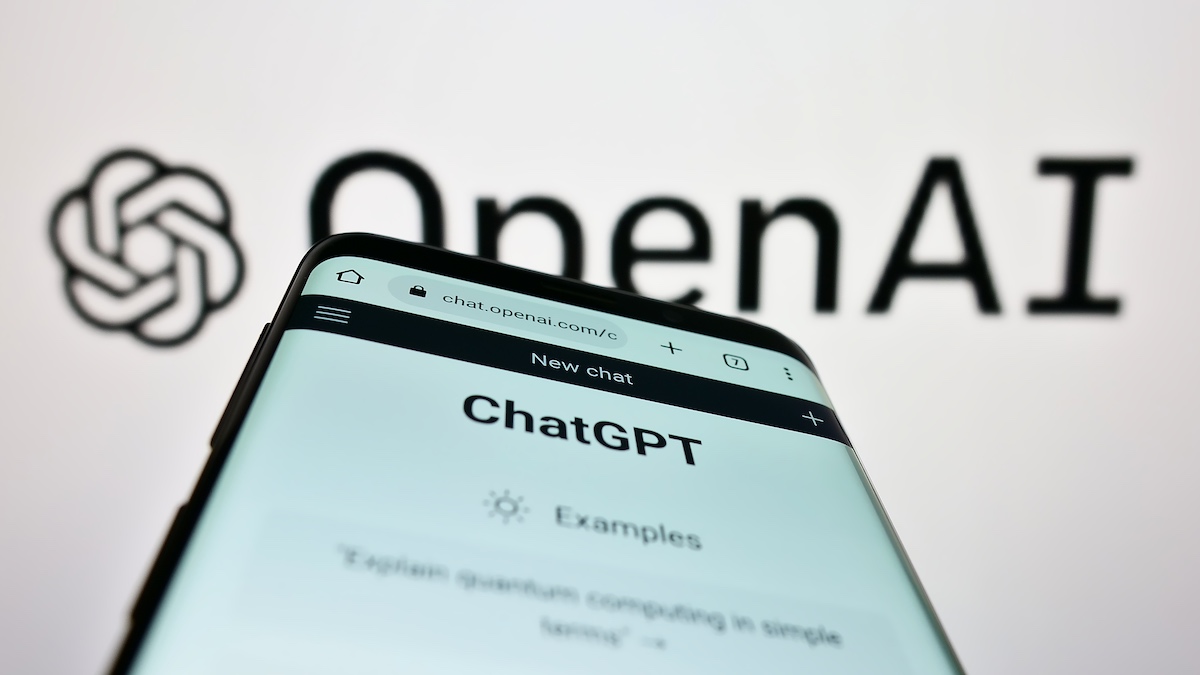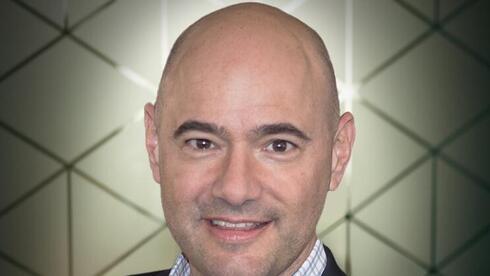
There’s been a lot of talk over the past few years about a shortage of skilled cybersecurity talent, but from where we sit at the NYC DOE Division of Information and Instructional Technology (DIIT), we see budding security pros all around us. As cybersecurity leaders of the DIIT, we work with 1,800 schools and approximately 1 million students across NYC to ensure secure internet access and offer innovative solutions in education technology.
As part of our efforts to empower educators and students to thrive in our digital age, we partner with technology vendors and government agencies to train and mentor students for careers in cybersecurity. In 2022, the NYC DOE formalized these efforts to support career-connected learning opportunities so that all students in metropolitan New York can reach long-term economic security and job satisfaction. It’s been our privilege to foster the next generation of cybersecurity professionals. Based on the progress we’ve made in such a short time, we can say with certainty that the future looks bright.
Paving the way for the next generation of cybersecurity pros
In 50 years, the classroom hasn’t changed much. In most school districts, the focus is strictly on academics, and students are rarely given the chance to gain the skills they need to enter the workplace. At NYC DOE, we do things differently. While students are still in high school, we expose them to many different career pathways—including cybersecurity—and provide opportunities for hands-on experiences.
There are four programs that comprise the NYC DOE’s career-connected learning initiative, each serving a specific segment of the student population:
- Career Readiness and Modern Youth Apprenticeship (CRMYA)
- New York City’s Grades 9-14 Early College and Career Schools (P-TECH Schools)
- FutureReadyNYC (FRNYC)
- CUNY Fellows
The Career Readiness and Modern Youth Apprenticeship (CRMYA) is a three-year internship program students can apply for in the eleventh grade. The DOE cybersecurity team hosted its first cohort of eight students, five assigned to the CISO team and three assigned to the CTO team. During this time, they work on cybersecurity initiatives such as network protection, endpoint protection, incident response, and data validation. Interns complete a curriculum for a minimum of three technical certifications in areas of their choice and build relationships with technology vendors like Zscaler. Upon graduating from the program, students receive assistance in job placement or higher education programs.
P-TECH schools are part of the NYC DOE and are supported by the Career and Technical Education (CTE) team and the CUNY Early College Initiative. The six-year high school program is designed for students who don’t have a clear path to college, often for financial reasons. CUNY works in conjunction with the NYC DOE to offer them free tuition for a two-year Associate degree once they are approved. So far, 100% of participants have been able to go to college. The grades 9–14 schools also work with industry partners to support students in exploring careers and attaining skills in science, technology, engineering, and mathematics (STEM) industries.
CUNY Fellows is aimed at first- and second-year college students who have successfully completed their coursework. After they are screened through an interview and background check, they work up to 34 hours per week with our team on various assignments with specific completion timelines and have the opportunity to provide feedback on how they perceive their progress.
Technology partnerships prepare students for future work
The students are incredibly eager to learn and apply their knowledge. Early on in the apprenticeship program, we had a handful of high school students join us for a six-week session. We brainstormed what they could achieve during that time and introduced them to the Zscaler Zero Trust Exchange.
When we saw that our apprentices were interested in learning more, we reached out to Brian Wong, a customer success manager at Zscaler, and asked him to help us define a curriculum for a Zscaler certification. At his suggestion, we enrolled our students in the Zscaler Academy Zero Trust Career Program. They earned certifications, developed practitioner-level skills in zero trust, and were given the opportunity to get advice and inspiration from cybersecurity professionals in Zscaler’s Career Development forum on Zenith Community—all at no cost. Brian even shared code that the students could use to practice their skills. Now, when interns come in for apprenticeship sessions with the NYC DOE security team, they learn how to work with various tools and sit in on calls with our vendors to troubleshoot and manage these products. Zscaler Private Access (ZPA) is one such example. Since we launched the program, we’ve had nine students earn a Zscaler certification that they can use in the workplace.
Student successes signal the strength of training programs
These programs help students obtain real-world experience in the form of internships. They also earn college credits while exploring areas of interest to which they might otherwise not be exposed. We have one student working with us who had a healthcare background but was pursuing an IT degree. We noticed her passion for learning and eagerness to work, so we gave her an opportunity to work on content filtering and she ran with it. Now she’s doing data loss prevention and is one of our best CUNY interns.
In her own words, Franchesca Fargas Rios describes her journey:
“Originally, I did not intend to go to college, but on a whim, I decided to enroll. Although I began my career in the medical field, my growing interest in technology and my aspiration to make a positive impact led me to pursue a career in technology. The CUNY program has played a crucial role in this transition, offering internships that provide real-world experience along with academic credits, which has allowed me to explore diverse areas. Despite my healthcare background, I chose to pursue an IT degree. My dedication and eagerness to learn were quickly recognized, leading to my involvement in projects related to content filtering and data loss prevention, areas where I have excelled as one of the top interns at CUNY.
Balancing motherhood, full-time studies, and a full-time job has indeed been challenging. The unwavering support and encouragement from my supervisor have been pivotal. His guidance has not only supported my career aspirations in IT but also equipped me with the necessary resources to succeed. I am eagerly anticipating graduating with a Bachelor’s degree in Information Systems and Informatics. Furthermore, I am planning to pursue a Master’s in Cybersecurity and achieve several professional certifications. The hands-on training and real-life experiences provided by this program have been instrumental in defining my path in IT, a field I initially knew little about.”
Another avenue for students to build practical technology skills is through the Career and Technical Education program, which acts as a catch-all for students who are undecided about their career path or college education. We had six students join us as interns this past semester. One, in particular, had no plans to go to college due to financial constraints. We helped him navigate a scholarship as part of a two-year associate’s program at CUNY. We’re proud to say that all six students have gone on to pursue education beyond high school.
Ibrahim Sawadogo shares his success story:
“Before being accepted into an internship role at NYCPS, DIIT Office of the CISO, I was part of the COOP Tech Program, my goal was to attain industry certifications, such as Cisco CCNA, CompTIA Network+. My career aspiration was to just get into technology. I had no intention of attending college to get a degree. While there, I had conversations with my supervisor/mentor, who encouraged me to apply for community college. I was a bit skeptical, as I did not want to accumulate any student loan debts. My supervisor shared some vital information, which then led me to enroll at Borough of Manhattan Community College (BMCC).
I was accepted into B.M.C.C., after being enrolled in college classes that summer of 2023. I also applied to the CUNY internship program. I was fortunate to be offered a position at the NYCPS as an identity and access management analyst. During my time as an intern, I was also able to gain two industry certifications (CompTIA Security and ISC2 Certified in Cyber Security).
This program has given me hope as a young adult African-American male living in the inner city of New York. I am very thankful for this opportunity. I am scheduled to graduate with an Associates Applied Science (A.A.S) degree in Computer Networking Technology at the end of the spring 2025 semester. I then plan to pursue my Bachelor of Technology degree at New York City College of Technology. The mentorship, hands-on technical experience, and soft skills were game-changers as I am now able to look forward to a promising career in information security.”
Personal and professional mentorship makes a lasting impact
Everybody needs someone to believe in them. Through our commitment to diversity and inclusion, we create a sense of belonging and inspire students from all backgrounds—regardless of gender, race, or ethnicity—to carve out fulfilling careers as cybersecurity professionals. We also act as mentors to our students, equipping them with skills and support as they navigate life’s challenges. Ultimately, our goal is for students to understand that they too have a right to grow and thrive: in the technology sector and beyond.
Demond Waters—CISO at NYC DOE, a graduate of this school system, and co-author of this blog—recently had a full circle moment when a young man stopped him at a conference and explained the reason he got into technology. The young man recalled seeing Demond come into his classroom, dressed like a student in sneakers and casual attire, to fix a computer. Without even knowing it, Demond inspired the young man to pursue a career in technology.
We both know what it’s like to live and grow up in New York City. To be able to show our students that they can imagine a different future for themselves than what they might see day to day—that’s what motivates us to give back.
Learn more about how NYC DOE deployed Zscaler zero trust at a massive scale, securing over one million students and staff members combined. Read the case study.




